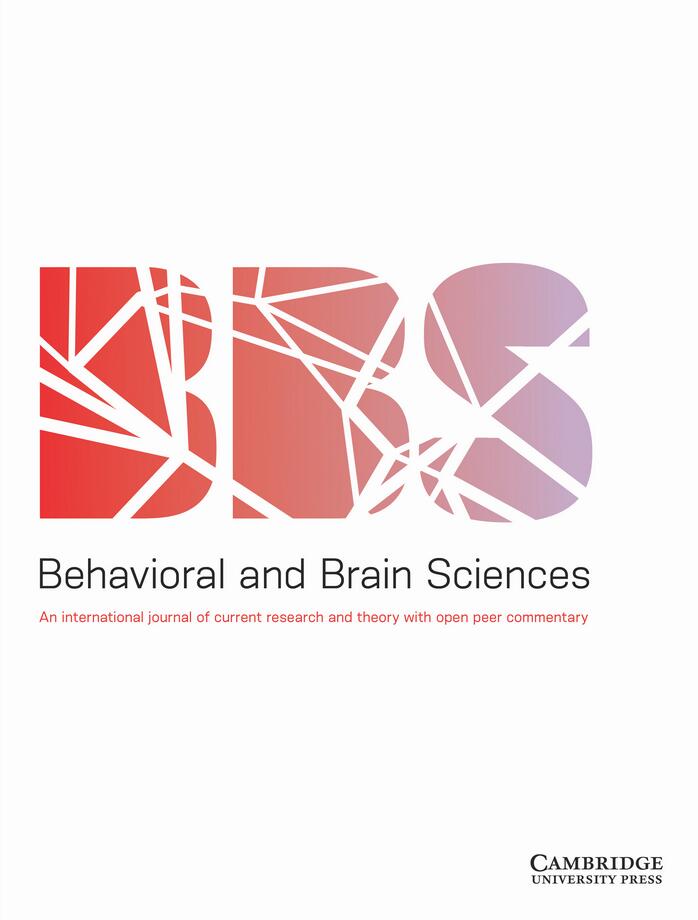作为认知模型的概率编程与元学习。
IF 16.6
1区 心理学
Q1 BEHAVIORAL SCIENCES
引用次数: 0
摘要
我们总结了概率编程作为人类认知的概率、符号和数据驱动方面的统一形式主义所取得的最新进展。我们强调了元学习在灵活性、统计假设和认知推断方面的不同之处。我们建议,元学习方法可以通过考虑联结主义和贝叶斯方法得到进一步加强,而不是只考虑其中一种方法。本文章由计算机程序翻译,如有差异,请以英文原文为准。
Probabilistic programming versus meta-learning as models of cognition.
We summarize the recent progress made by probabilistic programming as a unifying formalism for the probabilistic, symbolic, and data-driven aspects of human cognition. We highlight differences with meta-learning in flexibility, statistical assumptions and inferences about cogniton. We suggest that the meta-learning approach could be further strengthened by considering Connectionist and Bayesian approaches, rather than exclusively one or the other.
求助全文
通过发布文献求助,成功后即可免费获取论文全文。
去求助
来源期刊

Behavioral and Brain Sciences
医学-行为科学
CiteScore
1.40
自引率
1.70%
发文量
353
期刊介绍:
Behavioral and Brain Sciences (BBS) is a highly respected journal that employs an innovative approach called Open Peer Commentary. This format allows for the publication of noteworthy and contentious research from various fields including psychology, neuroscience, behavioral biology, and cognitive science. Each article is accompanied by 20-40 commentaries from experts across these disciplines, as well as a response from the author themselves. This unique setup creates a captivating forum for the exchange of ideas, critical analysis, and the integration of research within the behavioral and brain sciences, spanning topics from molecular neurobiology and artificial intelligence to the philosophy of the mind.
 求助内容:
求助内容: 应助结果提醒方式:
应助结果提醒方式:


